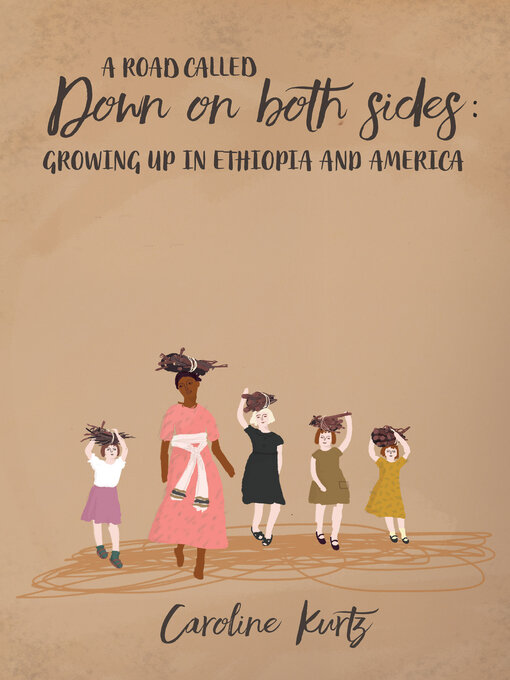Caroline Kurtz grew up in the remote mountains of Maji, Ethiopia in the 1950s. Inside her mud adobe home with her missionary parents and three sisters, she enjoyed American family life. Outside, her world was shaped by drums and the joy cry; Jeep and mule treks into the countryside; ostriches on the air strip; and the crackle of several Ethiopian languages she barely understood but longed to learn.
She felt she'd been exiled to a foreign country when she went to Illinois for college. She returned to Ethiopia to teach, only to discover how complex working in another culture and language really is. Life under a Communist dictatorship meant constant outages—water, electricity, sugar, even toilet paper. But she was willing to do anything, no matter how hard, to live in Ethiopia again. Yet the chaos only increased—guerillas marched down from the north, their t-shirts crisscrossed by Kalashnikov bandoliers. When peace returned, Caroline got the chance she'd longed for, to revisit that beloved childhood home in Maji. But maybe it would have been better just to treasure the memories.
Caroline Kurtz speaks Amharic fluently and spearheads development in Ethiopia's Maji District, introducing apples, solar energy, and women's cottage industries.

